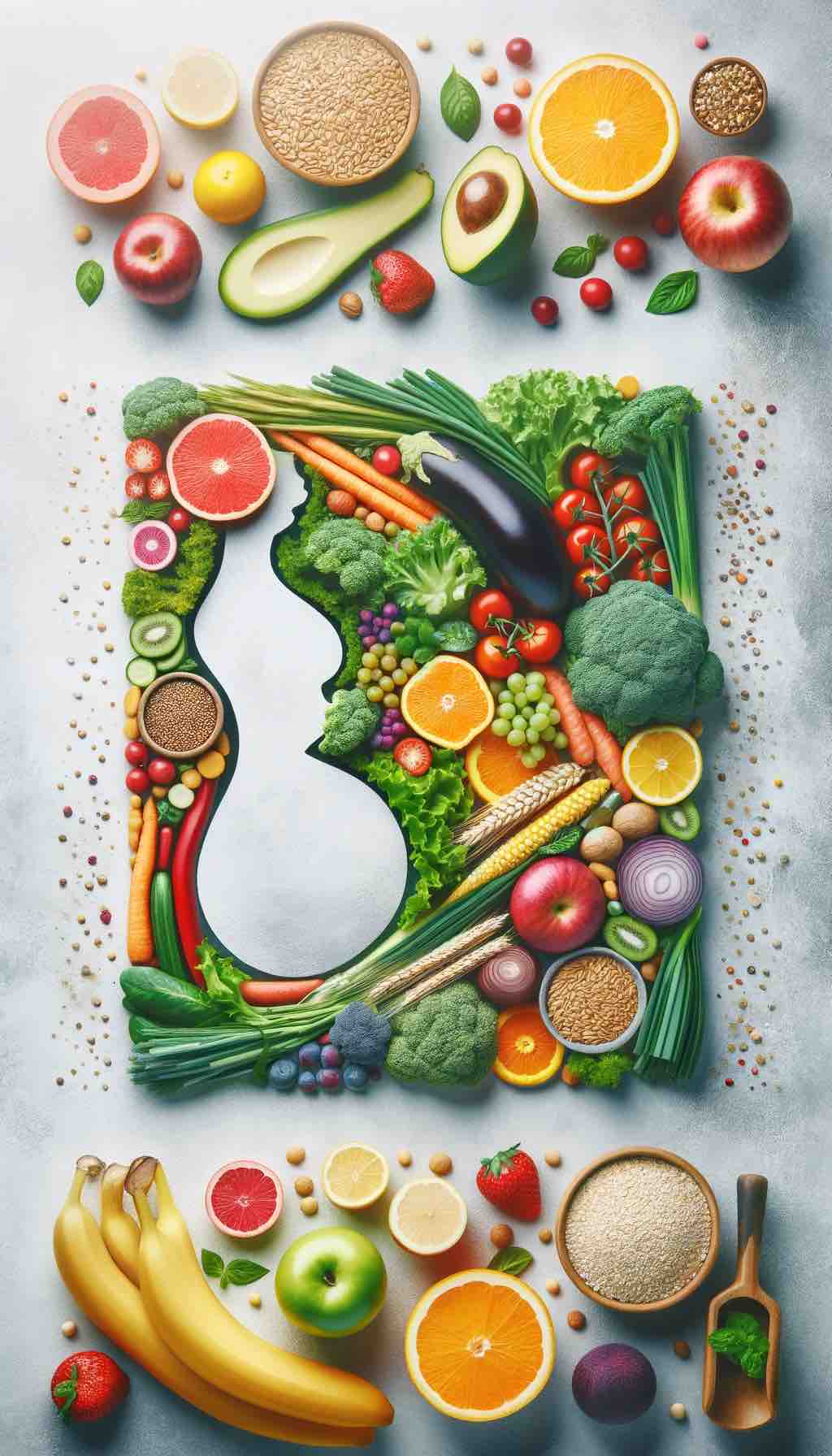
Introduction
Welcome to a crucial topic for expectant mothers embracing a vegetarian lifestyle! During pregnancy, your body undergoes remarkable changes, and your nutritional needs increase significantly. One common concern is anemia, a condition characterized by a lack of enough healthy red blood cells to carry adequate oxygen to your body’s tissues. But fear not! This post is dedicated to guiding you on how to meet your iron needs through a vegetarian diet while ensuring a healthy pregnancy.
Understanding Anemia in Pregnancy
Anemia during pregnancy can cause fatigue and increase the risk of complications, making it vital to prevent. The iron demands of your body rise significantly during these nine months to support the growth and development of your baby and placenta, as well as the increase in your blood volume.
Iron in a Vegetarian Diet
While animal-based foods offer heme iron that the body absorbs more easily, a well-planned vegetarian diet is not short of iron-rich options. Plant-based foods provide non-heme iron. Key sources include:
- Lentils and beans
- Dark leafy greens like spinach and kale
- Fortified cereals and whole grains
- Seeds and nuts, especially pumpkin seeds and almonds
Incorporating a variety of these foods into your daily meals can effectively increase your iron intake.
Enhancing Iron Absorption
Here’s a golden tip: combining iron-rich foods with those high in vitamin C can significantly boost iron absorption. Think of adding strawberries to your iron-fortified breakfast cereal or squeezing lemon juice over your spinach salad.
Conversely, certain substances can inhibit iron absorption. For instance, excessive intake of caffeine or calcium-rich foods around mealtime can reduce the amount of iron your body takes in. It’s all about balance!
The Role of Supplements
Sometimes, diet alone might not meet the increased iron requirements. This is where supplements come in. It’s essential to consult your healthcare provider before starting any supplements, as they can help you choose the right type and dosage.
Additional Nutritional Considerations
Other nutrients crucial for a healthy vegetarian pregnancy include vitamin B12, omega-3 fatty acids, and calcium. Foods like fortified plant milks, chia seeds, and nuts are excellent sources. In some cases, supplements might be recommended.
Sample Meal Plans and Recipes
Let’s make this practical with some meal ideas:
- Breakfast: Iron-fortified oatmeal with sliced strawberries and almond milk.
- Lunch: Quinoa salad with black beans, avocado, and bell peppers, dressed with lemon vinaigrette.
- Dinner: Stir-fry with tofu, broccoli, and cashews, served over brown rice.
Consulting Healthcare Providers
Regular check-ups are essential. Your doctor can monitor your iron levels and overall health, adjusting your diet and supplement plan as needed.
Conclusion
A vegetarian diet can absolutely support a healthy pregnancy. By focusing on iron-rich foods, understanding the factors that affect iron absorption, and staying in tune with your body’s needs with the guidance of healthcare professionals, you can thrive during this special time.
FAQs
- Can I get enough iron from a vegetarian diet during pregnancy? Yes, a vegetarian diet can provide sufficient iron. Focus on iron-rich foods like legumes, whole grains, nuts, seeds, and dark leafy greens. Combining these with vitamin C-rich foods enhances iron absorption.
- What are the best vegetarian sources of iron? Excellent vegetarian sources include lentils, chickpeas, fortified cereals, pumpkin seeds, quinoa, and dark leafy greens like spinach and kale.
- How can I improve iron absorption from plant-based foods? Pair iron-rich foods with those high in vitamin C, like bell peppers, citrus fruits, and berries. Also, try to limit the intake of caffeine and calcium-rich foods around meals, as they can inhibit iron absorption.
- Will I need an iron supplement during pregnancy? It depends on your individual iron levels and dietary intake. Consult your healthcare provider for personalized advice and blood tests to determine if supplements are necessary.
- Are there any risks of too much iron from supplements? Yes, excessive iron can be harmful. It’s important to only take supplements under the guidance of a healthcare provider to ensure the correct dosage.
- What other nutrients should I focus on in a vegetarian pregnancy diet? Apart from iron, ensure adequate intake of vitamin B12, omega-3 fatty acids, calcium, and protein. These are crucial for the health of both mother and baby.
- Can you suggest some easy vegetarian meals high in iron? Try iron-fortified cereal with fruits for breakfast, a lentil salad for lunch, and a tofu stir-fry with leafy greens for dinner.
- How often should I check my iron levels during pregnancy? Your healthcare provider will guide you on this, but typically iron levels are checked during initial prenatal visits and then as needed.
- Can a vegetarian diet meet the increased protein needs during pregnancy? Yes, by including a variety of protein-rich plant foods like beans, lentils, tofu, nuts, and seeds, you can meet your protein needs.
- Is it safe to continue a vegetarian diet throughout pregnancy and breastfeeding? Absolutely, as long as it’s well-planned to include all necessary nutrients. Consulting a dietitian or nutritionist can be helpful to ensure a balanced diet.
Blog Tags for the Post: Vegetarian Pregnancy, Iron-rich Diet, Anemia Prevention, Healthy Eating, Pregnancy Nutrition, Plant-based Diet, Prenatal Care, Nutritional Supplements, Vegetarian Recipes, Pregnancy Health









